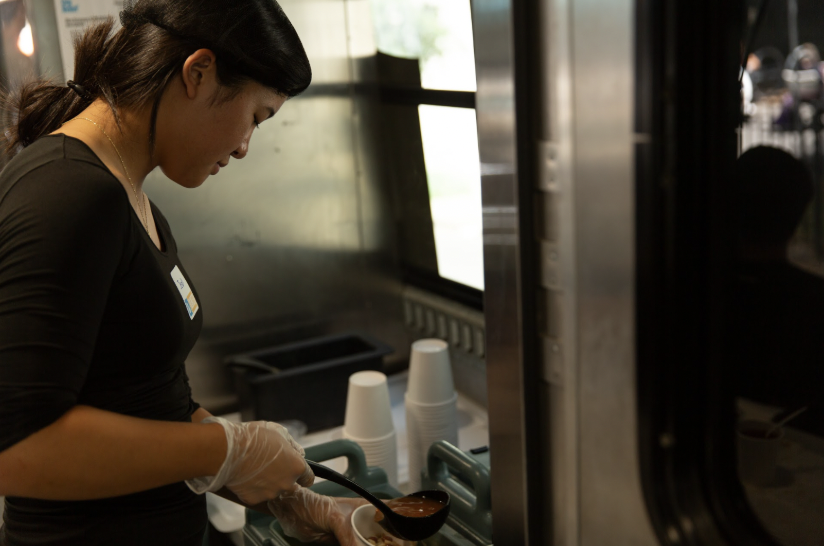The Exponential Impact of Higher Food Costs
If you've walked through a grocery store or ordered takeout recently, you've felt it. Our fridge broke down a few weeks ago, and we had to order food for three days while waiting on a replacement part. Nearly $70 for some Chinese takeout for a family of four, and that was just dinner! Prices like that aren't just inconvenient. They’re unsustainable.
Eggs. Milk. Bread. Fresh produce. Everything costs more. Grocery prices have jumped more than 25% since 2020, and in places like New York City and Newark, the sticker shock is even worse.
But while many of us feel the pinch at checkout, for people experiencing homelessness, the impact is far more severe. Inflation doesn't just mean tighter budgets, it means fewer chances to eat at all.
Most unhoused New Yorkers and New Jerseyans don’t have a kitchen, a fridge, or storage space. They can't safely prepare meals, cook food, or save leftovers. Groceries—especially fresh, healthy ones—aren't just expensive. They're nearly impossible.
And when prices rise, even "grab-and-go" basics like bananas, granola bars, and deli sandwiches slip out of reach. I've met people who skip meals just to afford a MetroCard. Others walk miles hoping a soup kitchen still has something left. There is no worse feeling than telling someone who arrives at our outreach after all the food is gone that we ran out.
Food providers are feeling the pressure too. As costs rise and donations drop, pantries are offering fewer options, smaller bags, and shorter hours. Staples like milk, meat, and produce are often the first to disappear.
In this environment, "budgeting" is a luxury. "Meal planning" is a fantasy. And "just going to the store" can be a logistical nightmare.
So what happens instead?
People eat what they can find—cheap, processed food that fills the belly but drains the body. Or they go without. Hunger weakens the immune system, clouds the mind, and wears people down. It turns everyday decisions into uphill battles and makes long-term progress feel out of reach.
Let's be clear: this is about the compounded cost of poverty. When your life is already shaped by trauma and instability, a few extra dollars at the grocery store can push you over the edge.
Here in NYC and NJ, the rising cost of groceries is making it harder to survive. We talk a lot about self-sufficiency in this country. But survival shouldn't depend on the price of oatmeal. No one should be priced out of a basic human need.
Next week, I'll close this series with a conversation about where we go from here, and how we can respond not just with compassion, but with real commitment to change.

